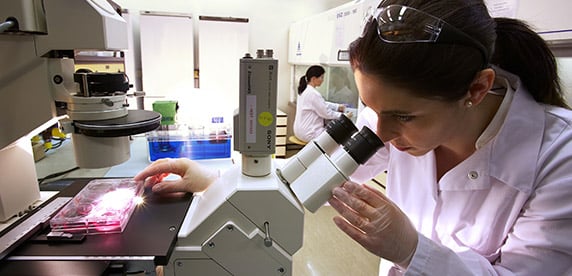Nestlé has teamed up with the highly respected Tufts University Friedman School of Nutrition Science and Policy to develop an open and interactive data visualization and sharing platform called the Global Nutrition and Health Atlas.
We wanted to make nutrition and health data accessible in a quick, interactive and user-friendly format, which is why we partnered with Tufts University. We felt it would be useful to the public, to researchers, to policymakers and to people everywhere.Dantong Wang Senior Scientist at Nestlé Research
The Atlas, which is freely available to the public, collects diet-related health data from around the world, presenting information from 190 countries and for six dimensions: demographics, dietary intake, nutritional status, health status, health economics and food sustainability.
Enabling access to global health and nutrition information
The Atlas is intended as a tool for researchers, health practitioners, policymakers, advocates – anyone who wants to understand the nutrition, health and related sustainability situation in countries and the world at large. It is especially valuable for those seeking to collaborate, innovate, shape public health policy or engage in evidence-based decision-making.
"We wanted to make nutrition and health data accessible in a quick, interactive and user-friendly format, which is why we partnered with Tufts University. We felt it would be useful to the public, to researchers, to policymakers and to people everywhere who want to have an overview of what the nutrition and health situation is globally or nationally," said Dantong Wang, Senior Scientist at Nestlé Research.
Providing data-driven sustainability insights
The Atlas provides insight into questions such as 'What is the intake of a specific nutrient in a population?' and 'What is the economic impact of a micronutrient deficiency?'.
While this information is useful to Nestlé – it was developed as an internal effort to understand the world's nutritional needs – we wanted to share it as a dynamic public tool for understanding the status of global health and nutrition. This is why we partnered with Tufts University.
- What is the intake of a specific nutrient in a population?
- What is the economic impact of a micronutrient deficiency?
The Atlas also includes information on food security and environmental sustainability, such as where countries stand in sustainable agriculture and other indicators.
Creating a hub for global health and nutrition expertise
The data for the Atlas was collected from multiple public sources, including academic institutions, peer-reviewed journals, NGOs and international organizations, and appears in a user-friendly format.
What's more, the platform welcomes contributions from experts everywhere to make it even more useful in the future as it evolves and more data is collected.
Access the Global Nutrition and Health Atlas







